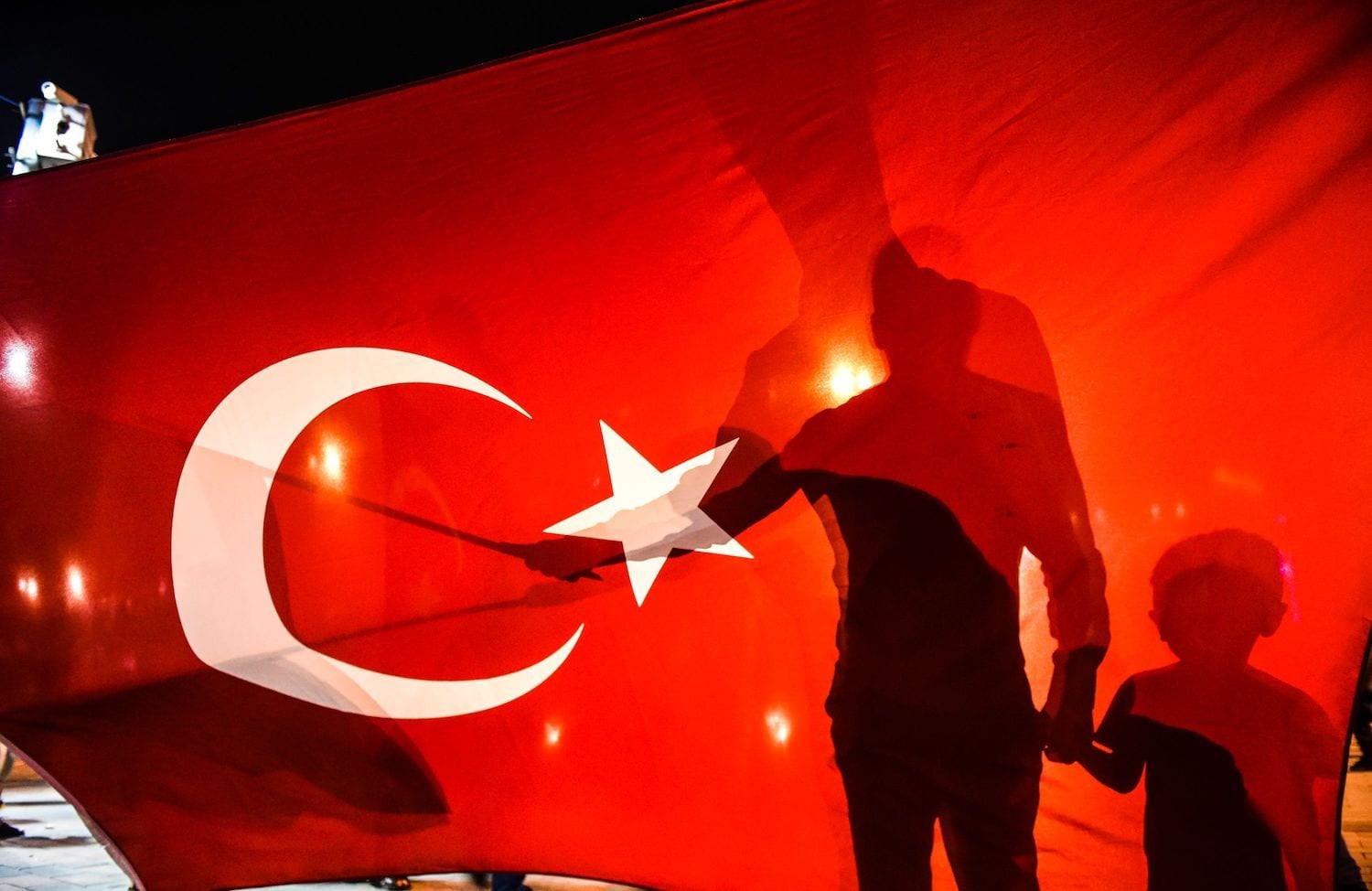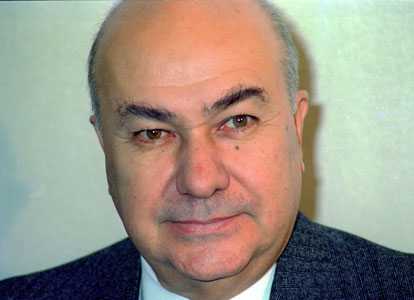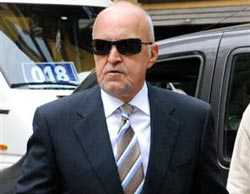by Arzu Geybullayeva
Furious over the arrests of senior Turkish military officers, and unable to find common ground with the Prime Minister Recep Tayyip Erdogan, the Chief of Turkish Armed Forces Isik Kosaner handed in his resignation, together with the heads of the navy, army, and air force on July 29th. Some have been calling it a “silent revolution”; for the first time in its modern history, Turkey’s military appears to be coming under civilian control, after decades as the government’s watchful overseer and the orchestrator of sudden coups. But at what cost?
Over the last two years, Turkey’s secular military power and the stridently Islamic, conservative ruling AKP (“Justice and Development Party”) have been engaged in a legal and verbal war over allegations that military personnel have been involved in plotting against the current leadership in an operation known as “Sledgehammer” (Balyoz in Turkish). Since February of 2010, over 200 officers, admirals, generals, and colonels have been arrested, detained, and charged with conspiracy. In fact, hours prior to Kosaner’s resignation, 22 suspects—all military officials—were charged with involvement in carrying out an alleged internet campaign to undermine the government. Over 400 academics, journalists, and other public figures have also been jailed and tried on account of another conspiracy, “Ergenekon”—an alleged group of secular nationalists plotting to bring down the current leadership.
While the government claims that the resignation was an early retirement decision, in his interview with the newspaper Hurriyet, the Chief of General Staff made it clear that his decision to leave his post came as a sign of protest against the arrests of military officers since 2010 and his inability to protect the rights of his personnel.
Here in Turkey, opinions vary as to what the resignations will mean. Turkey’s military overthrew four elected governments in a series of coups that began in the 1960s. The resignation clearly represents the end of the power that Turkey’s military once held over the country’s political system. And while some might argue that the rise of the ruling AKP over the past decade marked the beginning of truly civilian rule in the country, it is hard to say whether this particular change is a true sign of democracy. This collective resignation also means the disappearance of the last meaningful check on the power of AKP.
Moreover, it is going to take more than a forced “retirement” of top generals to achieve full civilian control over the army. Other officers could very well take matters into their own hands when they see how their values are being mercilessly crushed by a religions regime like the AKP under Erdogan. Turkey’s military still holds the right to intervene in the country’s political system if they perceive a threat to it, according to the military’s internal service code, which has yet to be officially altered. The curriculum taught at the military establishments hasn’t been changed to emphasize the supremacy of the civilian rule in the country.
The once-powerful military now feels demoralized and weakened in its capabilities, which could cause people within it to act rashly. According to military analyst Gareth Jenkins, “The officer corps is growing disillusioned. Military officers are very reluctant to communicate with one another as there is a fear that it will be intercepted, distorted and used against them.” Such conspiracies create an impression that Turkish soldiers are a bunch of criminals, a characterization they surely resent.
Meanwhile, the AKP’s grip on power grows. It has been introducing sweeping reforms, including plans for a new, nationwide internet filter system, which are changing the face of this promising and aggressively modernizing nation. It seems doubtful that the path to real democracy and justice will come from sudden “retirements” and other decisions made behind closed doors. This year, Turkey was rated as the country with highest number of imprisoned journalists, surpassing even China and Iran. One thing, at least, is clear: it is going to take a lot more than the retirement of few generals for the country to become an example of a healthy democracy in the Muslim world.
via Is Turkey’s “silent revolution” the end of military coups? / Waging Nonviolence – People-Powered News and Analysis.



